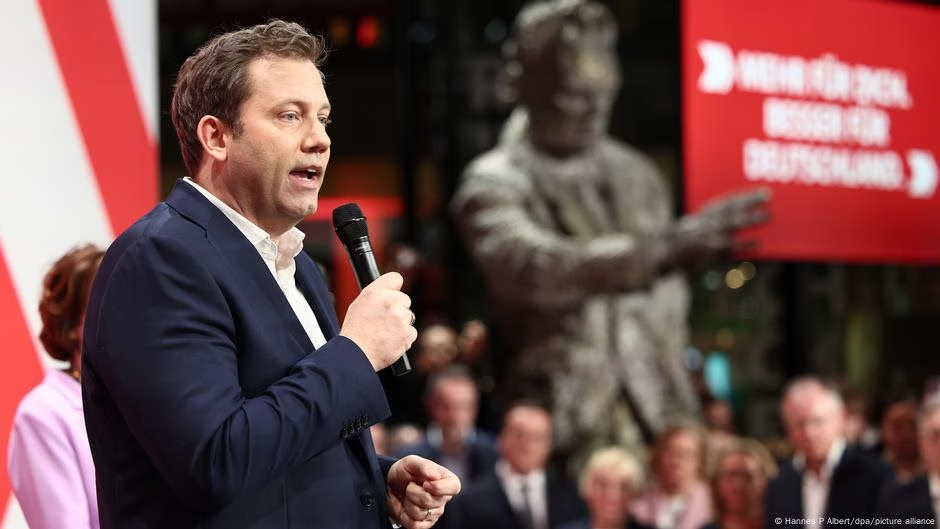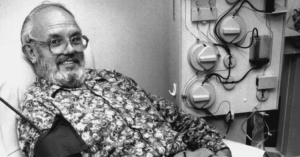On the day following Hamburg’s parliamentary elections on March 2nd, a sense of cautious optimism prevailed at the Social Democratic Party (SPD) headquarters in Berlin. Party co-chair Saskia Esken expressed satisfaction with the election outcome.
The SPD achieved 33.5% of the vote in Hamburg, significantly surpassing their performance in the February 23rd federal election, where they received only 16.4%. The SPD’s worst federal election result since 1887, when it went by the name Socialist Workers’ Party of Germany, highlighted a long-term decline for the party. The 25.7% they secured in the 2021 federal election now appears to have been an anomaly. In that year, polls had consistently placed the party at 15%, but a comeback was sparked by critical missteps from their main rival, the Christian Democratic Union (CDU).
The SPD’s decline is puzzling considering its long-standing role as one of Germany’s major parties, a party that has given the country important chancellors and has significantly influenced key moments in German history, including the Ostpolitik policy.
Details from the February federal election reveal the contemporary predicaments facing the SPD. While they remain popular among voters over the age of 60, garnering 20% of their votes, they struggle to appeal to younger demographics, where they only drew 12% of the 18-34 age bracket. The SPD also experienced a substantial loss of support to conservative and far-right parties and to the Left Party and the Sahra Wagenknecht Alliance (BSW), illustrating a loss of political capital in various directions.
The SPD faces accusations of no longer representing the interests of workers, reflecting a growing perception that the party prioritizes those on welfare over the working class. Long-time SPD chairman Sigmar Gabriel has acknowledged this shift, which he describes as fatal for a social democratic party. Despite the significant election losses, no high-profile resignations have occurred, with party co-chair Lars Klingbeil expanding his influence to also lead their Bundestag parliamentary group.
Moving forward, the SPD emphasizes unity and the need to redefine and invigorate their identity as the "People’s party of the center-left." However, disappointments within the party over potential coalition negotiations with the CDU/CSU persist, considering previous alliances have weakened the SPD. Klingbeil emphasizes the urgency to strengthen European integration and the need for the SPD to adapt to changing political landscapes. With its balance between progressive and conservative factions, the SPD continues to navigate internal debates over how to move forward.
The video explores the SPD’s history from its origins as a workers’ association to its current status as a major political force in Germany.
Positions on policy funding, particularly defense spending and infrastructure renovation, distinguish the CDU/CSU and SPD. While the SPD advocates against reducing social spending to fund these initiatives, the CDU/CSU may face pressure to compromise, needing the SPD’s support to form a coalition government without the participation of the far-right Alternative for Germany (AfD).
**
While you’re here: Every Tuesday, DW editors round up what is happening in German politics and society. You can sign up here for the weekly email newsletter Berlin Briefing.








